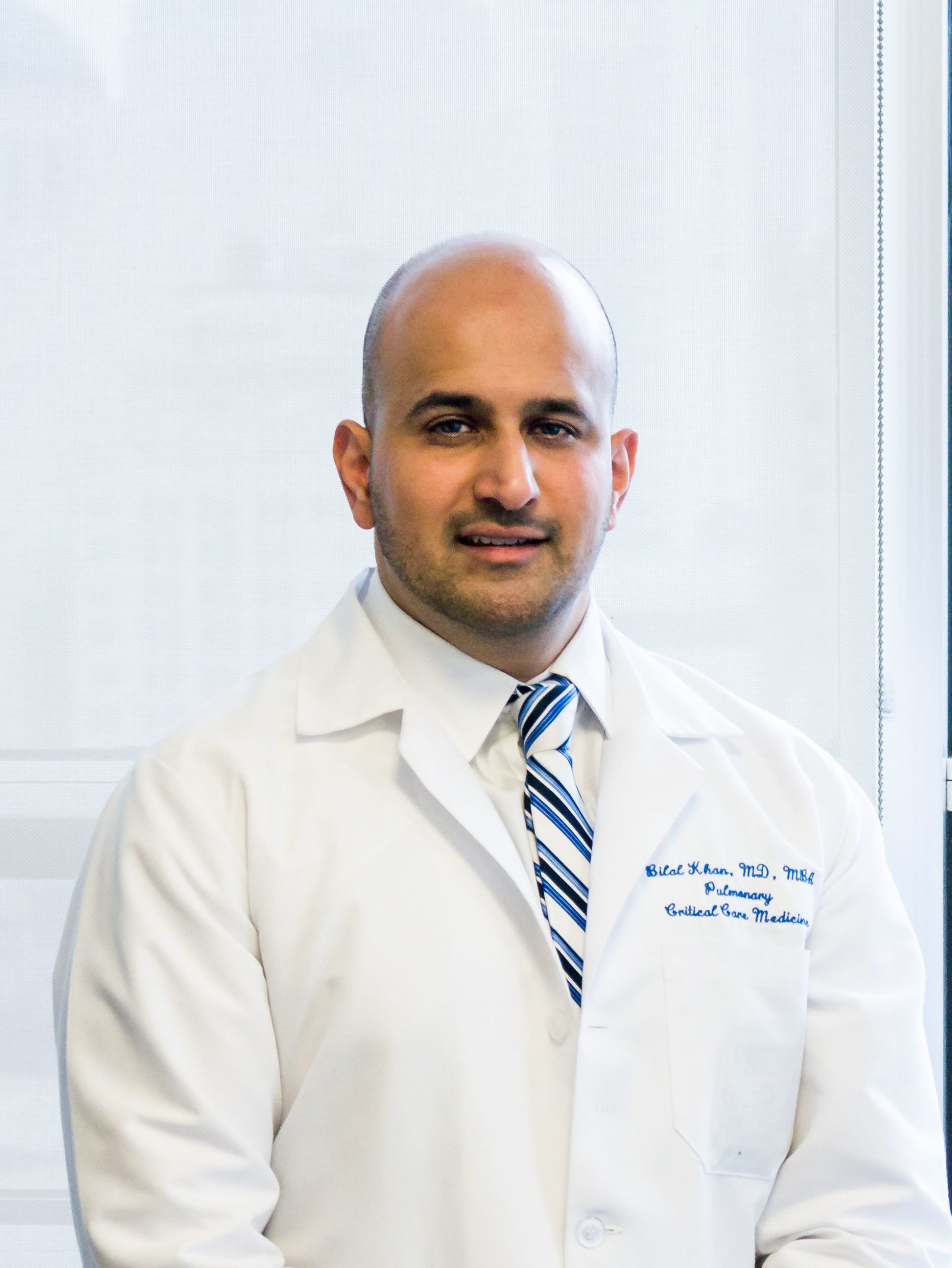What Is a Forensic Pathologist and What Do They Do?
Forensic pathology is a fascinating and essential branch of medicine dedicated to uncovering the mysteries behind unexplained deaths. At the center of this field are forensic pathologists, who are medical physicians specializing in determining the cause and manner of death through meticulous examination. But what does a forensic pathologist do specifically?
In this blog, we’ll delve into the tasks and responsibilities of forensic pathologists and how these professionals ensure that justice is served. We’ll also explore the extensive path to becoming one and what qualities and skills all competent forensic pathologists possess. So join us as we uncover these specialists’ vital contributions to our society.
✅ Request information on AUA's MD program TODAY!
What Is a Forensic Pathologist?
A forensic pathologist is a medical physician who investigates violent, unexpected, or suspicious deaths. They do so by performing autopsies, studying tissue samples, and interpreting toxicology results to uncover how and why a person dies. Therefore, forensic pathologists play a vital role in criminal investigations and legal proceedings.
To determine the time and cause of death, forensic pathologists:
- Study the medical history
- Perform an autopsy to uncover evidence of injury or disease
- Collect medical and trace evidence from the body for further analysis
- Evaluate crime scene evidence
To complete these tasks successfully, they must draw on specialized knowledge and training in areas such as:
- Toxicology
- Ballistics and ballistics wounds
- Trace evidence
- Serology
- DNA technology
What Does a Forensic Pathologist Do?
Forensic pathologists have several responsibilities; however, their main one is determining the mechanism, time, and manner of death. To do so, they:
- Confirm the identification of the body or gather information that helps assess identification
- Evaluate the crime scene evidence about the death
- Collect and analyze trace evidence from the body
- Perform an autopsy to uncover evidence of injury or disease
- Prepare a written report that details their findings
They also collaborate with law enforcement and legal professionals to help ascertain a cause of death. They may also visit crime scenes to collect data and offer on-site expertise. Another crucial component of forensic pathologists’ work is giving courtroom testimony based on the info gathered from the death scene and autopsy.
Their findings can significantly impact legal outcomes, so forensic pathologists must be precise in documentation and reporting. They must also be meticulous and ensure no critical information is overlooked, which is vital for solving cases. Furthermore, they must remain unbiased and ensure their conclusions rely on medical evidence and facts.
Forensic pathologists can also play a crucial role in shaping the new generations of forensic pathologists by teaching in an academic institution. They may also engage in scientific research, finding new ways to improve methods for determining causes of death. Lastly, they can offer their expertise to families, medical providers, commercial interests, and legal teams to find the truth in complex cases.
Educational Requirements and Training for Forensic Pathologists
As forensic pathologists are medical physicians, becoming one requires extensive training and education, usually 12 to 13 years after high school. But what does the journey to becoming a forensic pathologist involve? Here are the steps you need to take to become one.
- Undergraduate Degree (four years): You must first earn a bachelor’s degree, typically in a pre-medical or science-related field such as biology or chemistry. You can also pursue studies in a forensic science program that covers topics like criminal evidence, forensic law, and crime scene investigation. During your undergraduate studies, you must also complete the prerequisite courses for medical school admission, such as biology, general chemistry, organic chemistry, physics, mathematics, and English.
- Medical School (four years): To become a forensic pathologist, you must also earn either a Doctor of Medicine (M.D.) or Doctor of Osteopathy (D.O.) degree.
- Residency Training (three to four years): After completing medical school, you must complete a residency program in pathology. You can complete a residency training in anatomic pathology, which takes three years, or an anatomic and clinical pathology residency, which takes four years to complete.
- Fellowship in Forensic Pathology (one year): Lastly, to gain specialized knowledge needed in the field, you must complete a one-year fellowship focused solely on forensic pathology.
Certifications and Licensure for Forensic Pathologists

Besides the extensive educational and training requirements, becoming a forensic pathologist also involves obtaining medical licensure and board certification in pathology and forensic pathology. To gain medical licensure, you must take either the three-step United States Medical Licensing Examination (USMLE) for M.D.s or the three-level Comprehensive Osteopathic Medical Licensing Examination of the United States (COMLEX-USA) for D.O.s. The timeline of both the USMLE and COMLEX exams is as follows:
- Step 1 and Level 1: At the end of the second year of medical school
- Step 2 and Level 2: In the third or fourth year of medical school
- Step 3 and Level 3: After the first year of residency
During or after completing residency training, you must take the anatomic or clinical pathology boards offered by the American Board of Pathology (ABP). These exams assess your knowledge and skills in both anatomic and clinical pathology. Then, after completing fellowship training, you can sit for the forensic pathology boards. The exam involves 225 questions on the written/practical sections and 50 questions on virtual microscopy. It covers subject areas such as:
- Interpretation of injury patterns
- Pathology and interpretation of natural disease, therapy, and trauma
- Interpretation of clinical and postmortem chemistry and toxicology
- Pathology and certification of natural and violent deaths
- Criminalistics, public health, jurisprudence, management, and safety
- Physical anthropology, forensic odontology, and molecular biology
Throughout your career as a forensic pathologist, you must also participate in ongoing education to maintain certification. This includes participating in the Continuing Certification (CC) Program, allowing you to maintain the standards necessary to strengthen competency in forensic pathology. Remember, board certification marks your competence and training, allowing the public to be confident in your skills as a forensic pathologist.
Essential Skills and Qualities of Forensic Pathologists
As a forensic pathologist, you must possess analytical thinking skills, which encompass the ability to meticulously examine evidence and autopsy findings to draw accurate conclusions about the cause and the manner of death. For example, by observing the entry and exit points of a bullet, you can put together a depiction of where the shooter was standing and how far they were from the victim.
You also need to have proficiency in written communication as your line of work requires preparing autopsy reports and documenting findings precisely for legal and medical records. You must possess strong communication skills as you may testify in court to present your findings. This includes explaining complex medical information in a way understandable for non-medical professionals, including law enforcement, legal professionals, and juries.
In your career as a forensic pathologist, you may have to handle multiple cases and meet deadlines. Therefore, you must work well under pressure while providing crucial information during ongoing criminal investigations. You must also be able to work long hours in challenging environments like morgues, crime scenes, and courtrooms.
Additional qualities you need as a forensic pathologist include curiosity and detail orientation. Evidence can be challenging to find, so you need to study the body to find even the smallest trace of physical evidence. Therefore, you must have a keen eye for minute details that casual observers would miss.
Where Do Forensic Pathologists Work?
After beginning your career as a forensic pathologist, you can find employment in diverse settings. A popular option is working for city, country, or federal government agencies. In these settings, you take on tasks such as determining causes of death, conducting autopsies, and preparing reports. You may also take on research or teaching roles in academic institutions or work in private practice and provide expert consultation services.
However, regardless of your employer, your workday involves working in a lab environment, performing autopsies, or examining tissue samples. Occasionally, you may also have to go to a crime scene to work with police investigators. This means you may have to spend long hours on your feet, working in the presence of often challenging conditions.
Salary and Job Outlook for Forensic Pathologists
As the journey to becoming a forensic pathologist is challenging and rigorous, you can expect high compensation after becoming one. The average salary of forensic pathologists in the United States is $219,325, with wages ranging between $183,000 (25th percentile) to $274,000 (75th percentile). The top earners in the field (90th percentile) earn up to $307,000.
When considering forensic pathology as a career, it’s important to keep in mind that the exact salary is influenced by factors such as location and experience.
- Location: If you live in an urban area or a region with a higher cost of living, you may earn a higher salary to account for the additional expenses.
- Experience: As an entry-level forensic pathologist, you may start at the end of the salary range; however, as you move up in your career, you may command a higher salary.
The demand for forensic pathologists is generally strong due to their essential role in criminal investigations and legal proceedings. The BLS specifies an employment growth rate of 5% for pathologists, with about 600 openings each year throughout the decade.
Conclusion
Forensic pathologists are indispensable professionals who bridge the gap between medicine, law, and justice. Their detailed work reveals the truth behind unexplained deaths, providing critical insights for criminal investigations and legal proceedings. From conducting autopsies to collaborating with law enforcement, forensic pathologists play a crucial role in maintaining the integrity of our legal and medical systems.
So, if you’re passionate about medicine and have a keen interest in solving mysteries, consider a career in forensic pathology and take the responsibility of significantly impacting the pursuit of justice. Start your journey today by exploring our M.D. program and dive into this fascinating specialty.
Frequently Asked Questions (FAQs):
How many years does it take to become a forensic pathologist?
It usually takes 12-13 years after high school to become a forensic pathologist. This includes four years of undergraduate studies, four years of medical school, three to four years of residency training in pathology, and a year of forensic pathology fellowship training.
What is the difference between a medical examiner and a forensic pathologist?
The difference between forensic pathologists and medical examiners is that the term “medical examiner” typically applies to professionals responsible for investigating cases that fall into their jurisdiction. So, while all forensic pathologists can serve as medical examiners, not all medical examiners are necessarily forensic pathologists.
Do forensic pathologists go to crime scenes?
Although forensic pathologists spend the majority of time in a morgue performing autopsies and running tests, they also may go to crime scenes and work with police investigators.
What is the difference between a forensic pathologist and a forensic physician?
While both forensic pathologists and forensic physicians are medical physicians, there’s a critical difference between the two. Forensic pathologists are medical professionals whose main task is to determine the cause and the manner of death through examining bodies, studying tissues, and interpreting injuries or diseases. On the other hand, forensic physicians are medical professionals who interact with legal processes and provide medical expertise in cases that involve living individuals.
✅ Request information on AUA's MD program TODAY!




